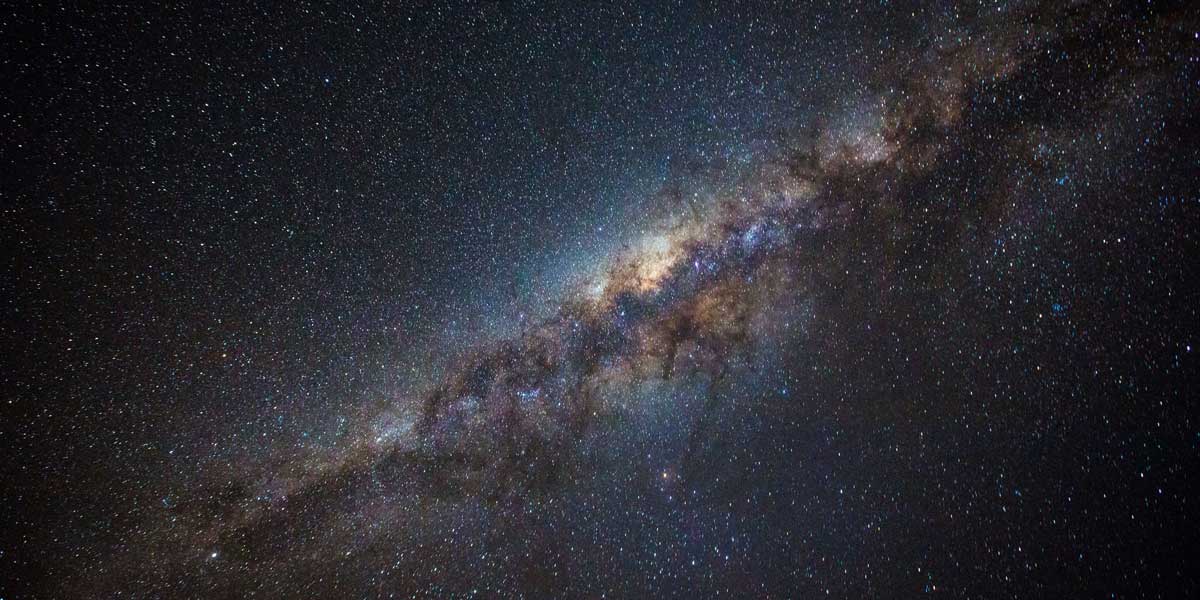Space

As author Douglas Adams wisely observed, "Space is big. Really big." Everything that is or was is contained within the limitless confines of our universe (maybe). Although it all seems so very far away, the observations we make of other planets and solar systems help us understand our own. In ancient times we used the stars to navigate. Today we discuss the possibilities of space exploration. Let Infoplease be the first step in your own exploration of the cosmos.
Astronomical Measurements
As mentioned above, space is quite large. So large, in fact, that astronomers need their own special scales of measurement to describe it. What's a parsec? What's an astronomical unit? Understanding these terms and their context is a good way to improve your appreciation for the universe.
Space Exploration
In the last hundred years, humans have begun to expand beyond our tiny corner of space. We use planetary satellites to enable worldwide communication. We use advanced modules to map out the farthest visible corners of the universe. Perhaps most significantly of all, we've sent humans out beyond the confines of the Earth. Learn more about the history of space flight and about how we continue to explore the final frontier.
The Solar System
Every journey has to start at the beginning. For us that's our solar system—or more formally, the Solar System. Centered around our sun (the Sun), the Solar System comprises our nearest neighbors. You've heard their names before, but how much do you know about the residents of our stellar backyard?
The Universe
Why the universe came into being is a question for philosophers as much as it is for astronomers. There might never be a definitive answer to that question. But we do know lots of interesting stuff about everything that's happened since. From the Big Bang—the explosive event that caused the formation of the stars and the ever-accelerating expansion of our universe—through to the proposed heat death of the universe, learn more about the marvels of space.

 Cite
Cite





